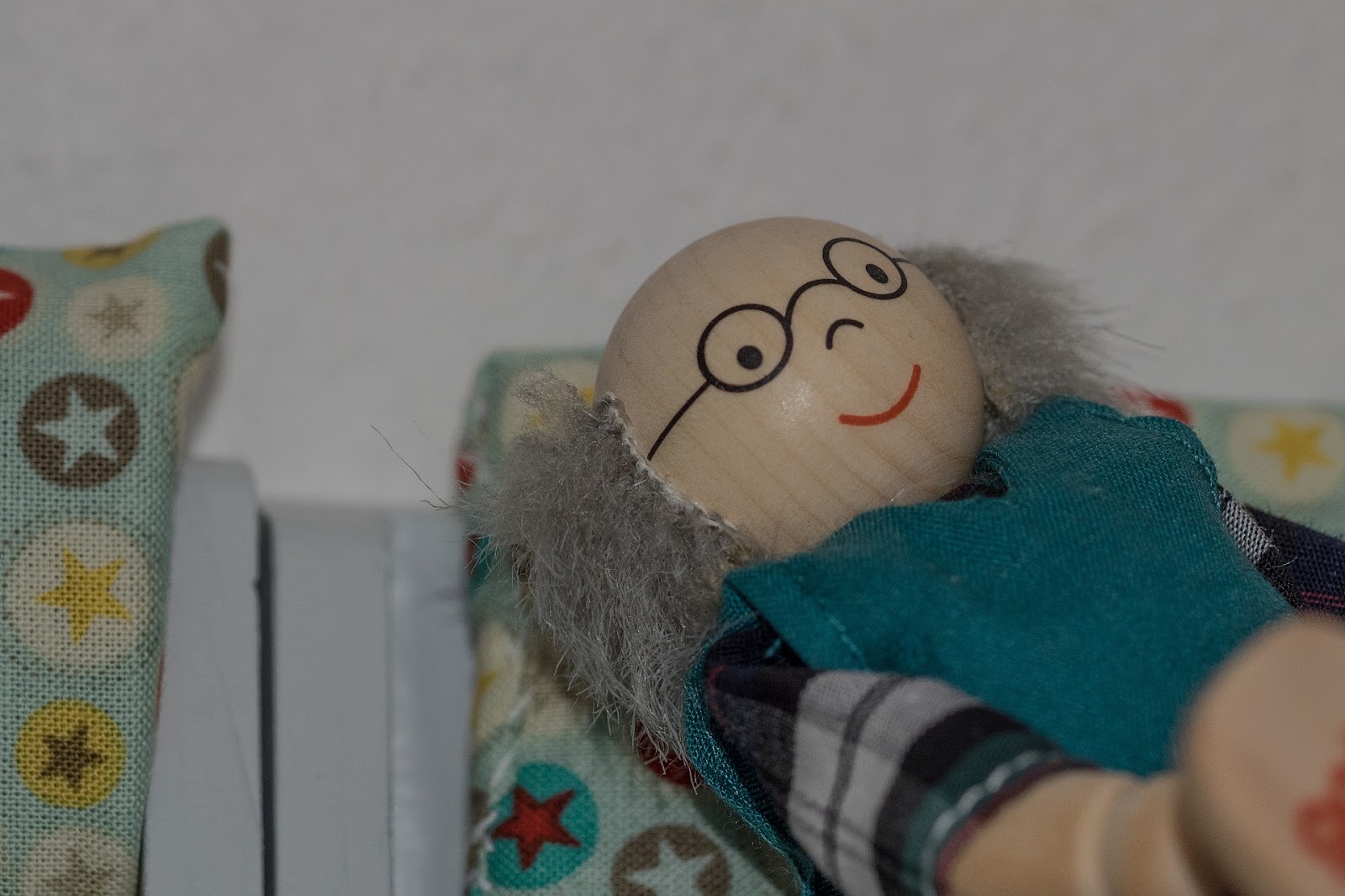Seniors with Alzheimer’s or dementia can benefit from imaginative play to help with daily challenges.

It’s no secret that play and imagination are important to child development, but they can also provide substantial life-changing benefits for seniors. Playtime at any age can reduce stress, provide comfort, and bring joy to everyday life, especially for adults with dementia or Alzheimer’s.
As we get older, we’re more likely to stop using our imagination. We sit in front of the television rather than engaging and strengthening our minds. Imagination and play for seniors with degenerative disorders like Alzheimer’s or dementia can not only provide much-needed stimulation but also help them navigate daily tasks and improve the way they live.
Let’s explore some of the most notable benefits.
Physiological Improvements
Playing requires movement, even if it’s just small motions like stacking blocks or kneading dough. Any type of movement can improve muscle function, stimulate blood flow, and fuel the brain with more oxygen.
As a result, cognition may improve and promote critical thinking. This type of engagement can help to improve memory and other brain functions.
Social Engagement

Playtime connects us with others, whether we’re telling a story or building our next creation. It can help us better express our thoughts and feelings—a task that many seniors with dementia or Alzheimer’s may struggle with. Using toys like stuffed animals or baby dolls dementia patients enjoy can promote creative thinking and encourage play without boundaries.
Emotional Benefits
Imagination and play for seniors can release endorphins in the brain. This not only increases feelings of positivity and well-being but can also temporarily relieve pain and stress. Seniors can build up their self-esteem and find enjoyment in daily life in spite of their condition
Ideas for Imagination and Play for Seniors

When a person with dementia or Alzheimer’s becomes anxious, you can usually see it in their hands. They start pulling on items or fidgeting, which is why sensory toys make great solutions for play.
Companies have developed items like fidget blankets or aprons made specifically for senior patients. You could make your own fidget toy arsenal with textured massaging balls, wind up toys, stress balls, soft fabrics, stuffed animals, or items with zippers.
If you want to include more motor activity, stringing wooden beads together can be an excellent way to spark creativity. Any type of art activity, such as coloring or drawing, can also stimulate the muscles and brain.
In addition, robotic pets for seniors can help prevent feelings of loneliness and offer a sense of companionship. Seniors have full control over the pet and can play and engage with their pet at any time.
A home health aide can provide one on one play and creativity with seniors along with assistance with daily tasks. Home care is personalized to each client, so activities can be chosen based on your loved one’s needs.
The case for imagination and play for seniors is strong, and the more your loved one engages in activities, the happier and more comfortable they’ll be.
For more senior care insights, head back to our blog.
Sources:
https://www.helpguide.org/articles/mental-health/benefits-of-play-for-adults.htm
https://seniorplanet.org/2018/05/18/the-power-of-play/
https://www.samvednacare.com/blog/2016/02/26/5-benefits-and-7-ways-to-be-playful-for-elderly/https://regencytuscaloosa.com/2017/07/18/imagination-and-creativity-in-seniors-with-dementia/
https://dailycaring.com/6-ways-to-help-seniors-with-alzheimers-keep-hands-busy/
http://blog.sensoryedge.com/threading-beads-benefits-children-seniors/
https://www.bethesdahealth.org/fidget-toys-soothe-seniors-dementia-anxiety/


